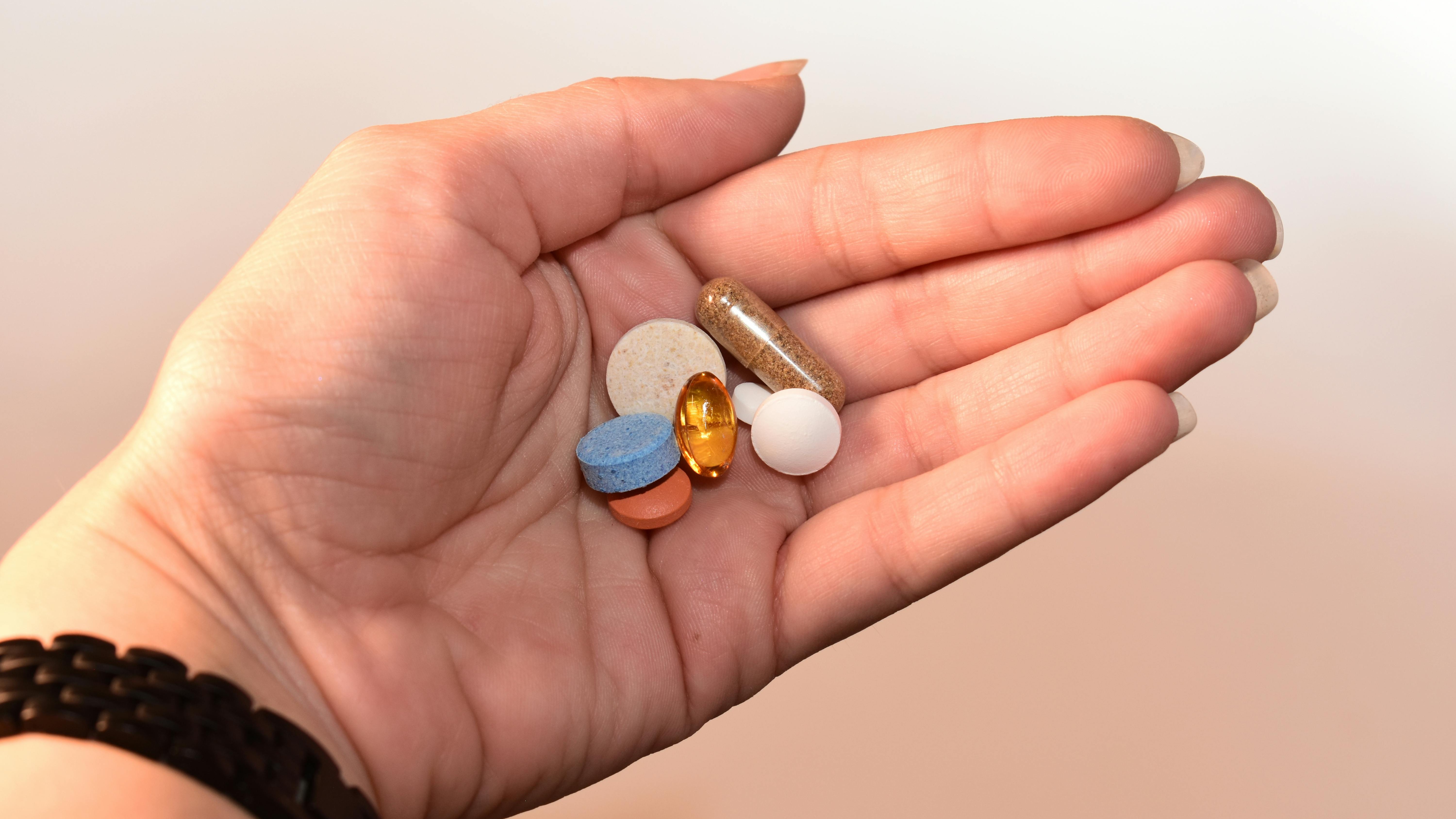
Understanding Supplements for Healthy Aging: Insights from Dr. Brent Bauer
In a world flooded with supplement options promising everything from improved memory to eternal youth, navigating what's actually beneficial can feel overwhelming—especially for older adults. A recent conversation between geriatrician Dr. Christina Chen and integrative medicine expert Dr. Brent Bauer sheds light on this complex topic, offering evidence-based guidance for incorporating supplements into a holistic approach to healthy aging.
Understanding Supplements vs. Prescription Medications
Unlike prescription drugs, dietary supplements (including herbs, botanicals, vitamins, and minerals) fall under a unique classification established by the 1994 Dietary Supplement Health and Education Act (DSHEA). These products don't require proof of safety or efficacy before hitting the market, and companies can make general health claims but not specific medical ones. This creates significant consumer confusion about what actually works and what's safe.
The Foundation First Approach
Dr. Bauer emphasizes that supplements should be exactly what their name suggests—supplemental to fundamental health practices. Before considering any supplement regimen, focus on optimizing these seven domains:
Nutrition
Exercise
Mind/body practices
Social connectivity
Sleep
Spirituality
Connection to nature
"If we optimize all seven of those domains with an active daily plan, you've just reduced your risk of Alzheimer's, cancer, strokes, Parkinson's—take your pick," explains Dr. Bauer. This foundation-first approach is essential before adding supplements.
Supplement Recommendations for Older Adults
Rather than recommending universal supplements for all older adults, Dr. Bauer advocates for personalization based on individual health concerns:
Vitamin D: One exception to the "food first" approach, as it's difficult to obtain adequate levels from diet alone. Dr. Bauer regularly tests vitamin D levels in older patients, as deficiencies may impact bone health, immune function, and even increase fall risk.
Joint Health: For arthritis symptoms, evidence supports supplements like glucosamine and chondroitin (which may take 2-3 months to show effects), curcumin (turmeric extract) for inflammation, and collagen.
Cognitive Health: Despite heavy marketing, there's limited solid evidence for supplements preventing cognitive decline. Dr. Bauer notes, "I'm going to put all my money on getting out every day and doing 35-45 minutes of aerobic activity, eating the Mediterranean diet, doing mind-body practice every day, getting good sleep, and staying socially connected."
Supplements and Medication Interactions
Contrary to popular belief, "natural" doesn't automatically mean safe. Dr. Bauer cautions about potential interactions, particularly:
The "three Gs"—ginseng, ginkgo, and garlic—which can increase bleeding risk when taken with anticoagulants
St. John's wort, which can reduce the effectiveness of oral contraceptives and transplant anti-rejection medications
Anti-inflammatory supplements like turmeric, which may enhance bleeding risk
Taking multiple supplements simultaneously further increases interaction possibilities. This underscores the importance of discussing supplement use with healthcare providers.
Choosing Quality Supplements
With limited FDA oversight, consumers must do their homework to find quality products:
Look for third-party verification from organizations like NSF or United States Pharmacopeia (USP)
Consider supplements certified by European or Australian regulatory bodies
Choose companies with independent adverse event reporting mechanisms
Resources like ConsumerLab.com ($30/year subscription) provide independent analyses of supplement quality and pricing
The Scientific Approach to Supplementation
When trying a supplement, Dr. Bauer recommends treating yourself as both scientist and subject:
Measure your symptoms before starting (pain level, duration, etc.)
Take the supplement for the recommended period (sometimes 2-4 months)
Re-evaluate your symptoms
Consult with your healthcare provider to ensure no negative effects
This methodical approach prevents unnecessary supplementation and helps identify what truly works for you.
Future Trends in Supplements
Research continues evolving, particularly around brain health. Compounds like Nicotinamide Riboside (a B vitamin derivative), ketones, Quercetin, and others show promise for addressing senescent cells and potentially supporting cognitive function. However, Dr. Bauer cautions that none are "ready for prime time" yet.
The bottom line? Build a strong foundation of healthy lifestyle habits first, then strategically incorporate supplements based on your specific health needs in partnership with your healthcare team. As Dr. Bauer concludes, "There is no supplement that everybody should take, and just because your neighbors, friends, and barber had good results with Herb X does not mean that we should just go take it."
For more information on integrative approaches to healthy aging, check out Dr. Brent Bauer's book "Mayo Clinic Guide to Holistic Health."
 Add Row
Add Row  Add
Add 




Write A Comment